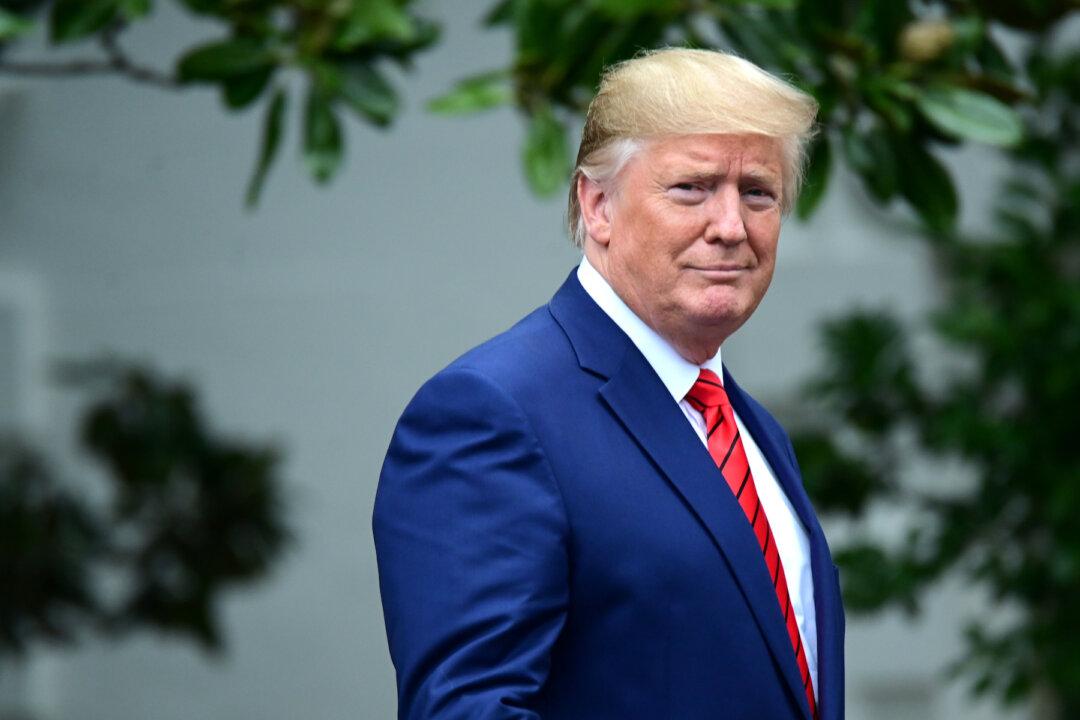President Donald Trump hailed a federal court verdict ruling blocking a law passed by California that was aimed at keeping Trump off the 2020 primary ballot there.
Trump, the presumptive Republican Party presidential nominee, would have been forced to release five years’ worth of personal tax returns under the law, Senate Bill 27.





